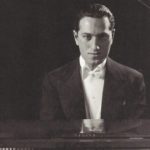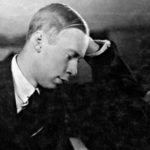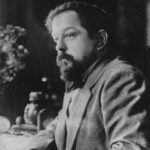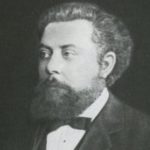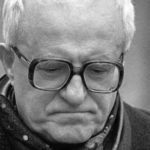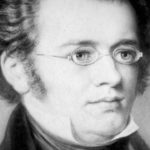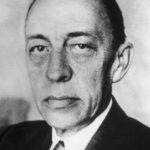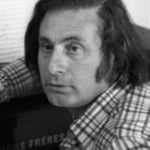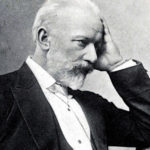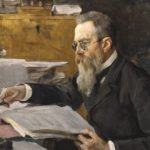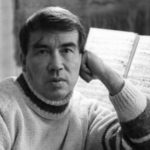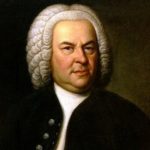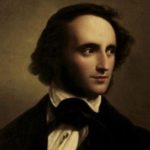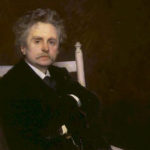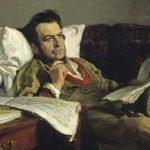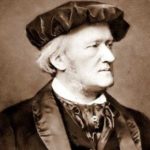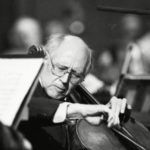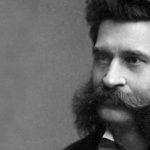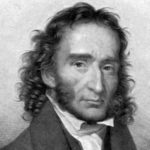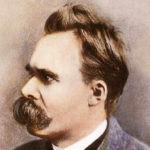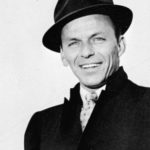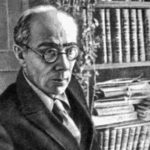Interesting facts about Ludwig van Beethoven
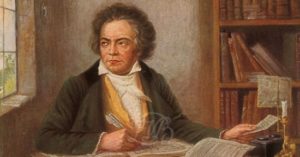 The composer Beethoven is vivid proof that sometimes the music itself is embodied in a human being. Since childhood, preparing to conquer the top of the musical Olympus, he met the expectations placed on him by his parents, and entered into a very short list of music creators, famous all over the world.
The composer Beethoven is vivid proof that sometimes the music itself is embodied in a human being. Since childhood, preparing to conquer the top of the musical Olympus, he met the expectations placed on him by his parents, and entered into a very short list of music creators, famous all over the world.
Ludwig van Beethoven set foot on the music path thanks to his father. He early recognized in the child a talent for music, and in every way encouraged him to develop this talent.
Even as a child, the future composer mastered playing the harpsichord and the violin.
Even in high society, Beethoven often looked untidy. He never attached much importance to the hairstyle, clothing and appearance in general.
Once, Beethoven interrupted a concert, when several people in the hall started a conversation between themselves, while calling them pigs.
Having met the Empress for the first time, instead of a deep bow, Beethoven barely touched his hat.
The composer had problems with mathematics. It was especially hard for him to multiply.
One of Beethoven’s strange habits was the preparation of exactly 64 grains of coffee, no more and no less.
Once at a party in the evening, Beethoven refused to speak to the guests at the request of the prince, the owner of the estate, and locked himself in a room in protest. The enraged prince ordered the doors to be broken down, and Beethoven withdrew, saying that there were many princes, but there was only one Beethoven in the world.
When the composer began to lose his hearing, he did not lose heart and continued to compose music from memory. By the age of 27, he was completely deaf.
Beethoven never married, and left no descendants behind him, although the novels in his life did happen.
Ludwig van Beethoven supported the revolution, but he was very deeply disillusioned with Napoleon when he declared himself emperor.
Beethoven wrote his most famous works after he stopped hearing.
The exact date of birth of the great composer is still unknown.
After hearing loss, he communicated with others with notebooks, in which the interlocutors wrote their cues, and the composer answered them aloud.
In all the years, Beethoven has written only one opera, Fidelio.
